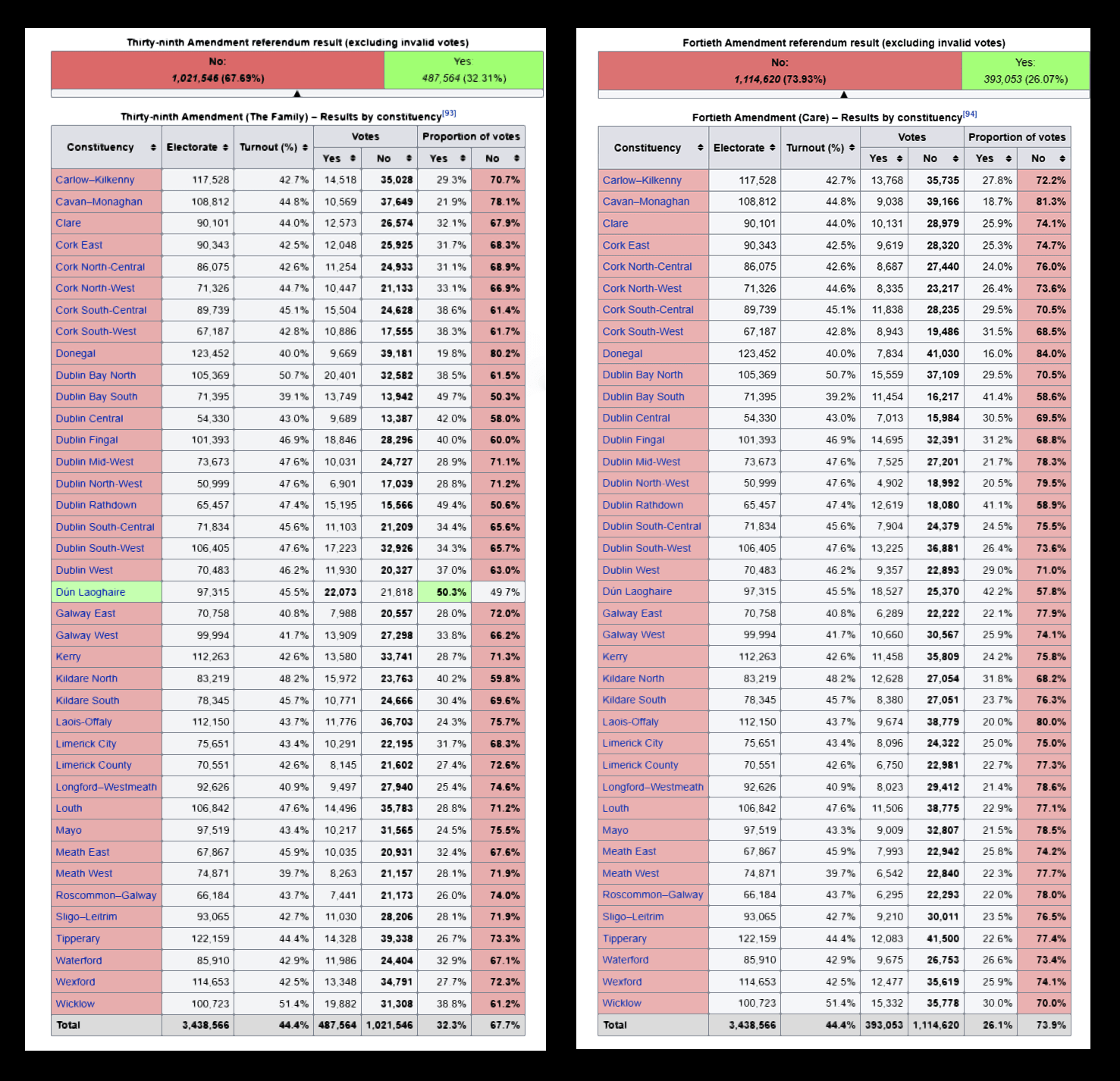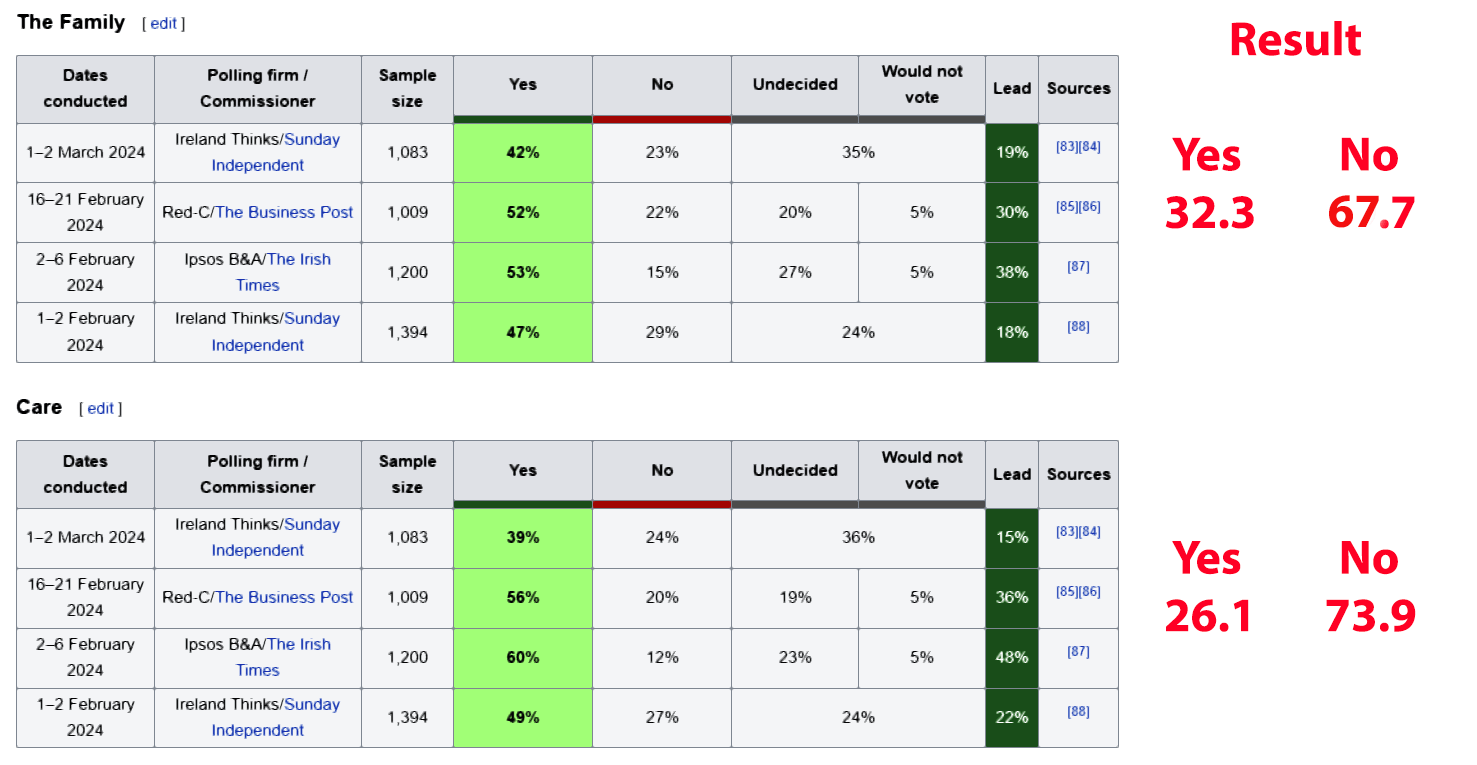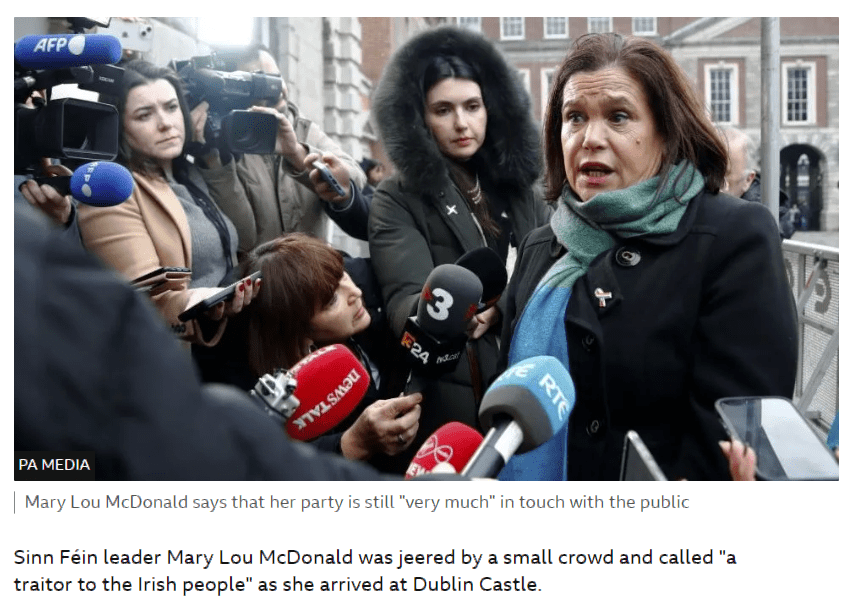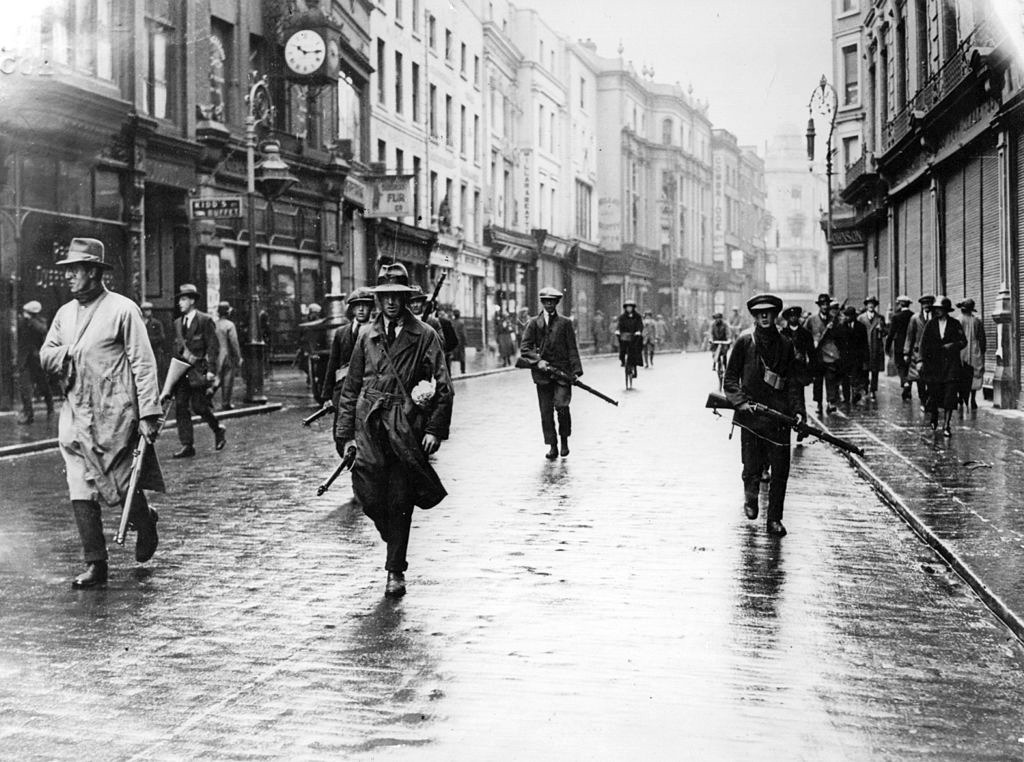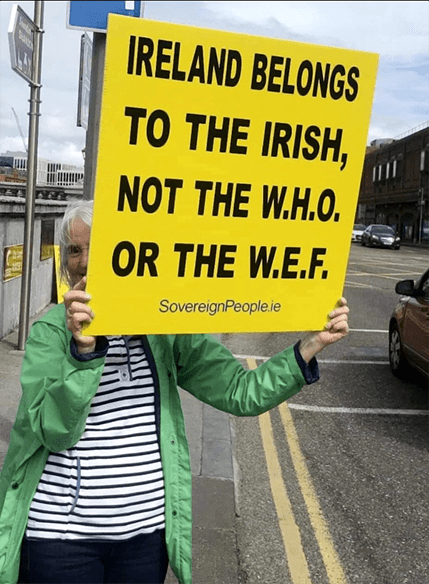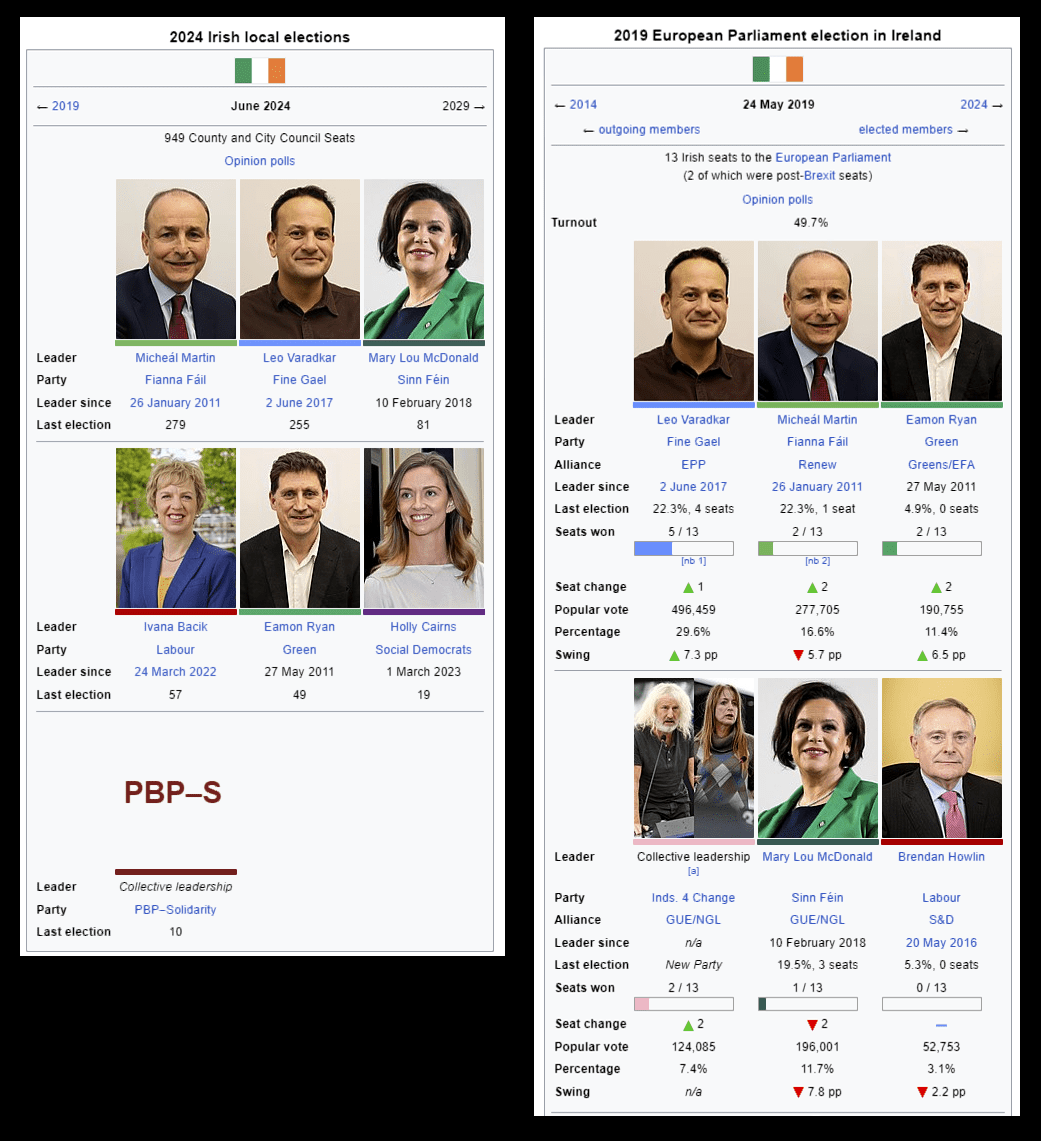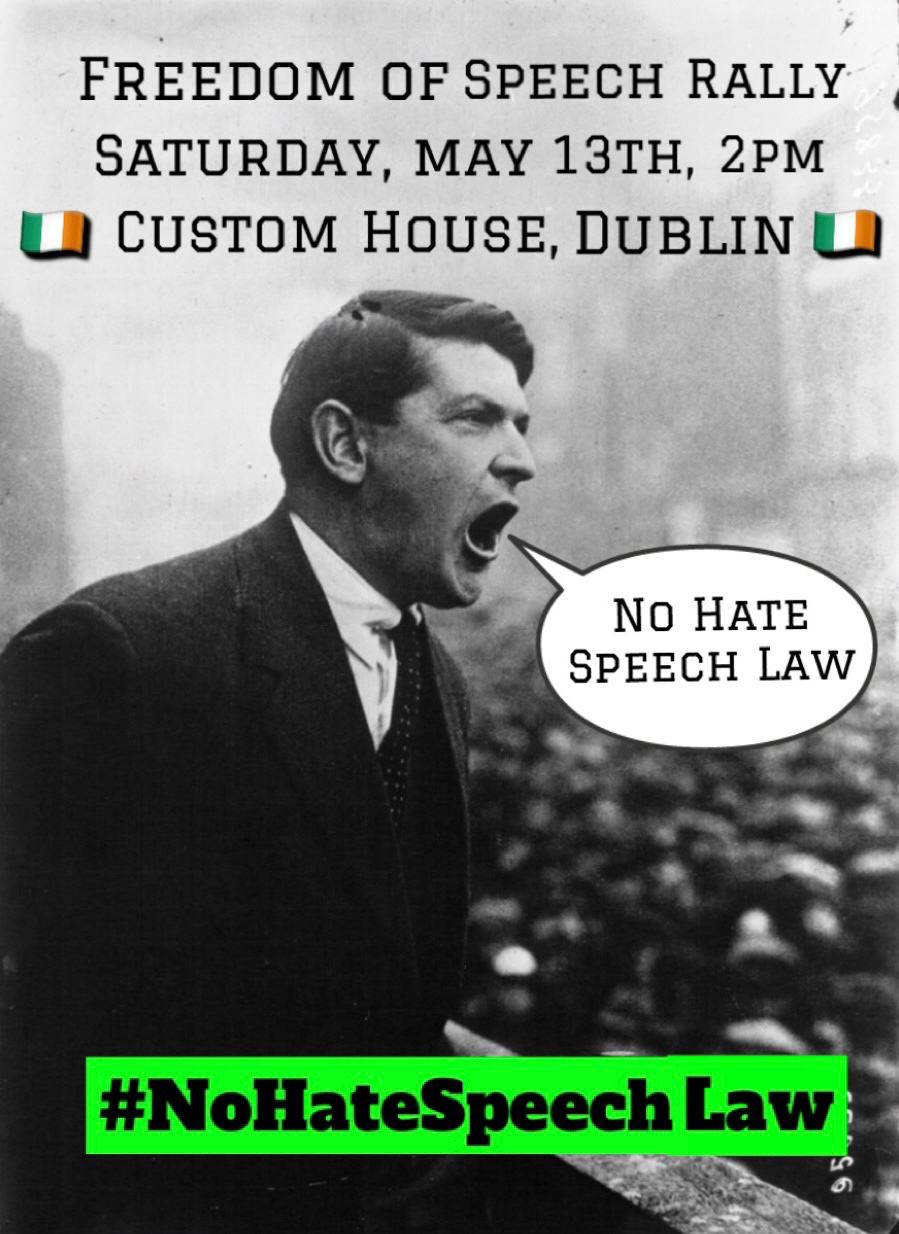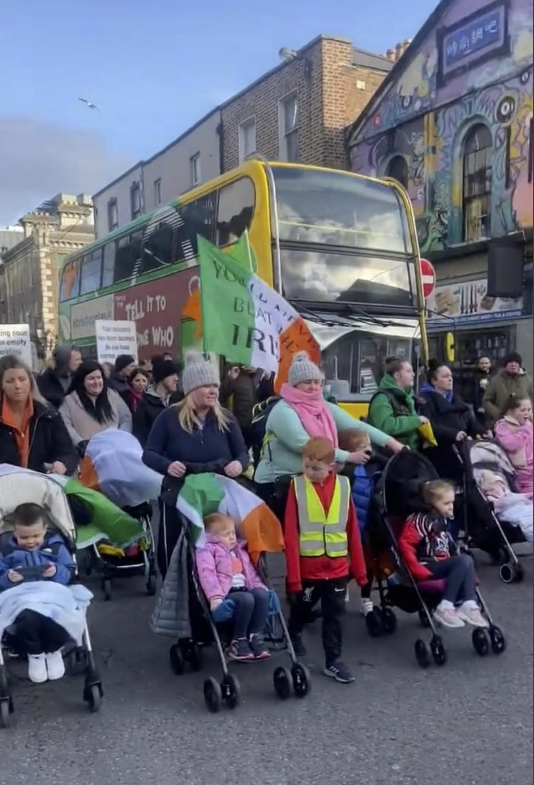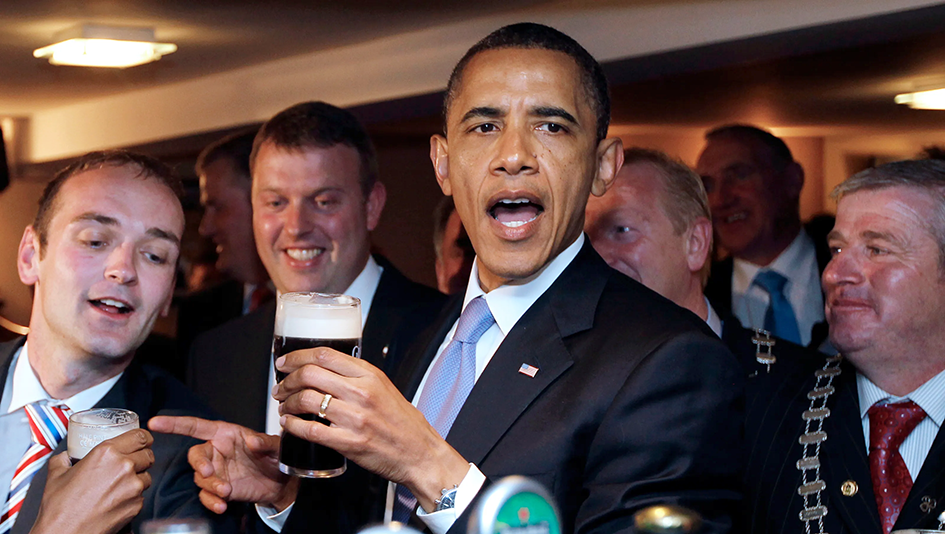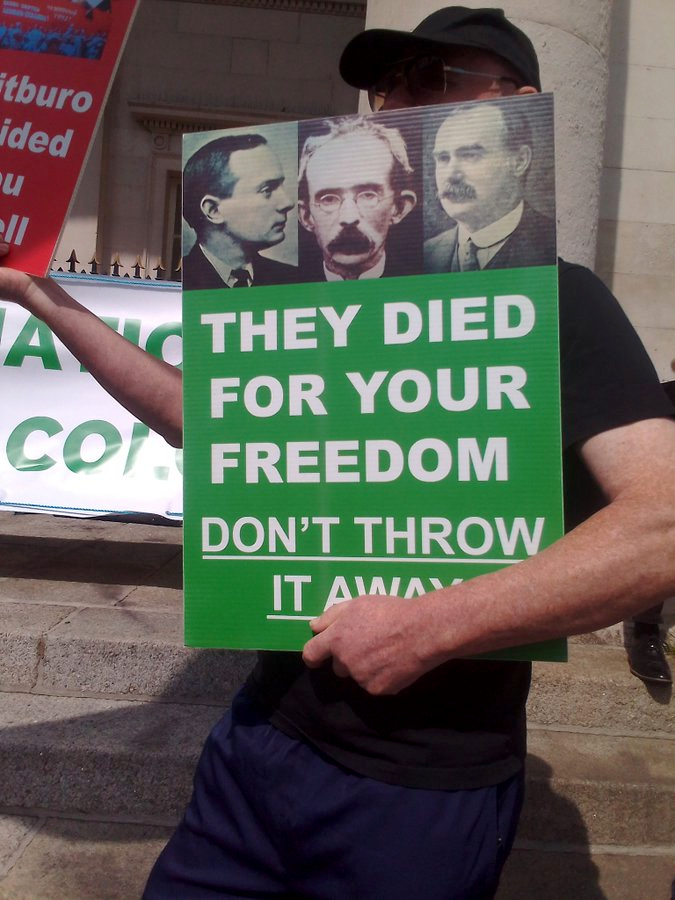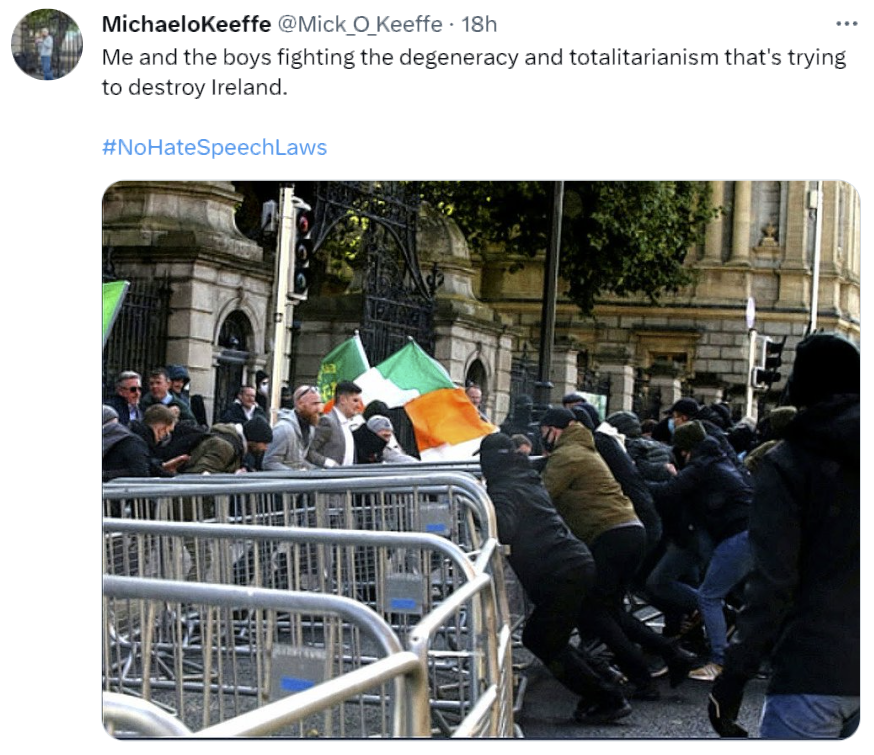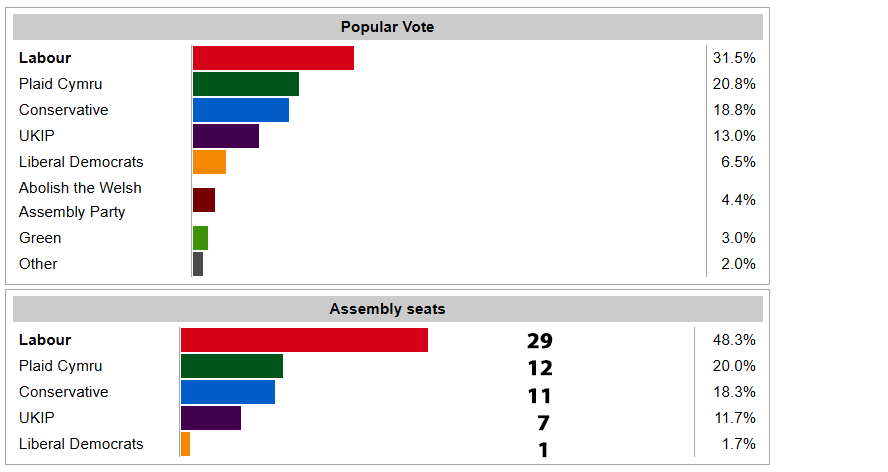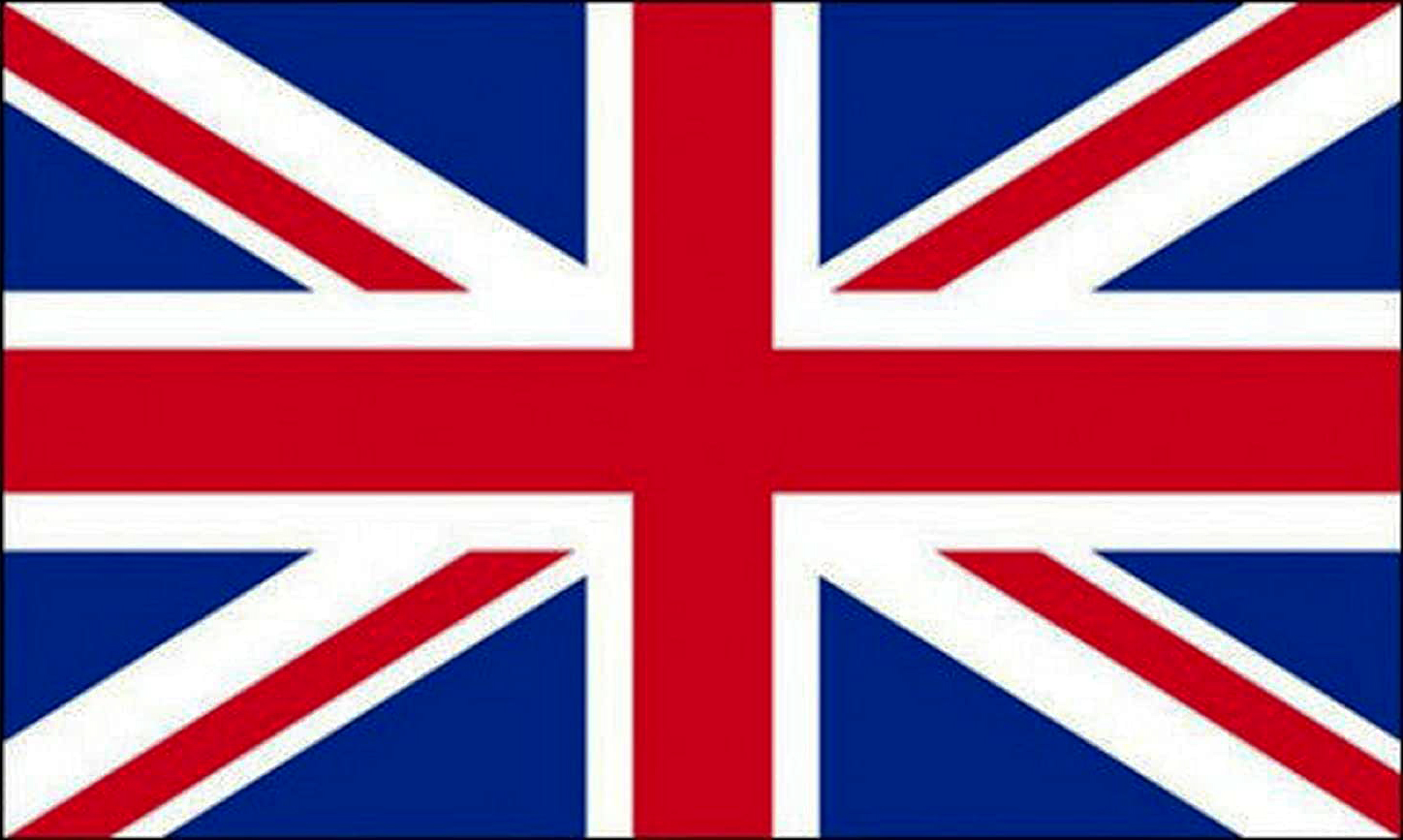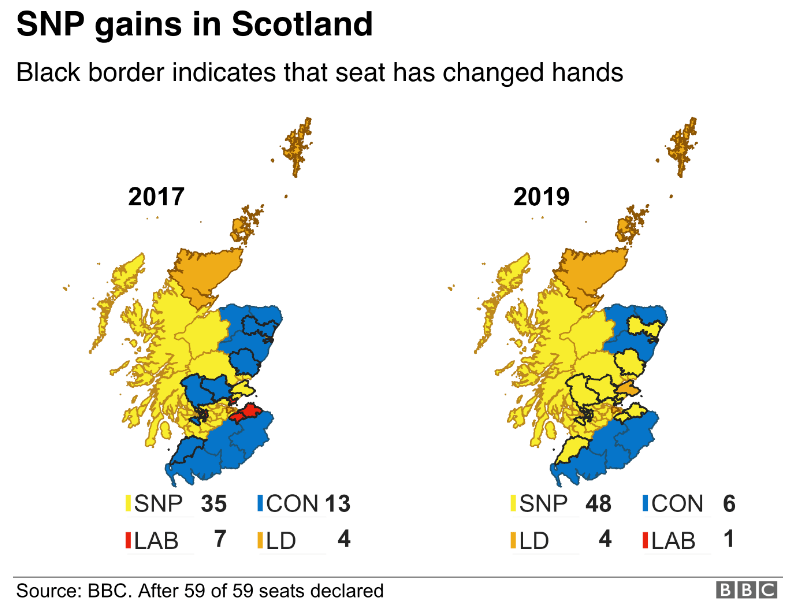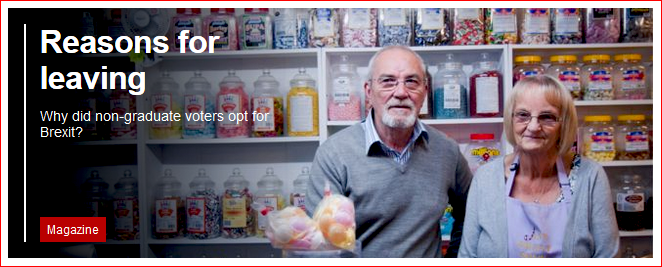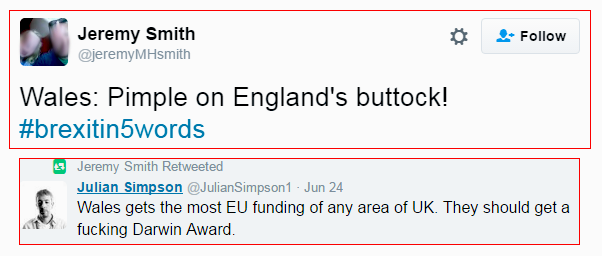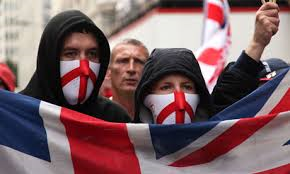![]() It might seem odd for me to be writing about elections to the EU parliament 8 years after Wales voted to leave the EU, but I’m doing so because these results are important, and will have repercussions for us.
It might seem odd for me to be writing about elections to the EU parliament 8 years after Wales voted to leave the EU, but I’m doing so because these results are important, and will have repercussions for us.
◊
THE BIG PICTURE
There was a swing to the right across the continent, but of course the media found it almost impossible to engage in honest reporting. There were crude references to the 1930s, or even suggestions that the swing was largely due to a low turnout.
Watching the exit polls and the early declarations on Sunday night, on the BBC, CNN, and Euronews, I was struck by the way commentators used terms like ‘centre’, ‘centre left’, ‘socialists’, even ‘green-left’, but never ‘far left’.
While on the other side there’s rarely a ‘right of centre’; that side of the spectrum begins with ‘right wing’ or ‘far right’, even ‘hard right’. (Yeah, well hard!)
There’s also the ‘populist right’, whatever that means. (Answers on a post card.)
I got the impression that some of those misinforming me would have liked to slip into Antifa black bloc and yell, ‘Nazi!’, ‘fascist!‘, and ‘transphobe!’ Displaying commendable restraint the Beeb limited itself to images like this, linking Austria with Germany (Anschluss), and showing raised arms. (Nudge, nudge.)

When it came to Gorgeous Geert Wilders, there was an early attempt (Netherlands voted on Thursday) to suggest that his Party for Freedom PVV had somehow tanked, even though projections had it increasing its representation in Brussels from 0 to 7 MEPs. (As it turned out, the PVV won 6 seats.)
Done by making the rather silly comparison with the national election last November, which the PVV won.
The talking heads were almost united in bemoaning the swing to the right, but chose to focus on the personalities, or the possible line-up in the EU parliament, rather than address the reasons for the upheaval they were witnessing.
Those reasons being unsustainable levels of immigration and the hardships being imposed by the completely unnecessary drive to net zero.
◊
THE VIEW FROM THE EAST
The picture across the continent is too big and complicated for me to look at every country. What’s more, the picture in the east, from Finland to Romania, is coloured to a greater or lesser degree by the war in Ukraine, and attitudes towards Russia.
For Finland was ruled by Russia until 1917, then Stalin invaded in 1940. Anti-Russian sentiment is widespread in the Baltic States. Poland borders Ukraine. Hungary tries to play the honest broker. Many Romanians fear Russia will push west, towards and beyond Odessa, to link with Transdnistria, where there is already a Russian military presence.
So I’m going to focus on Central and Western Europe. Where results are marginally easier to read, and then, due to the size and influence of some of the countries involved, the consequences will be felt beyond those countries’ borders.
I should also point out that in a number of countries the EU elections were held on the same day as local or national elections. Which can confuse the picture, and also influence the result of the EU poll.
I’m going to focus on France, but I’ll also zip around a few other countries; including of course, Germany. Once the economic and industrial powerhouse of the continent . . . but then came net zero.
◊
LA BELLE FRANCE
As I’ve suggested by focusing on France, the big story of the elections was that Macron got his ass kicked by Marine Le Pen’s protégé, 28-year-old Jordan Bardella.
Marine Le Pen fought hard for National Rally (NR) to shake off the worst of her father’s legacy, but no matter what did she was stuck with the name. Bardella, of mainly Italian background, but also having an Algerian great-grandfather, has no such problem.

Also in the mix, almost unnoticed, was the Reconquête! party. It linked with a few others to fight under the La France fière banner, got 5.47% and 5 seats. Founded as recently as 2021 by Éric Zemmour, the son of Arabic-speaking Berber Jews from Algeria.
I mention this because Zemmour is usually said to be further to the right, and more hostile to Islam, than NR.
The map below shows that NR came top of the poll in every départment other than Paris. A reminder of a problem found across the West – the disproportionate influence of a metropolitan elite.

By which I mean, politicians, the media, self-styled ‘progressives’, academics, countless thousands in NGOs and similar gangs living off the public purse.
In response to his drubbing Macron has gone for broke and called a parliamentary election. His job won’t be up for grabs, but he’ll be there to undermine his party, and the liberal left more generally, by reminding French voters he’s now a lame duck president.
An example of a weak man acting tough. And it invariably ends in disaster.
Something that cost Macron and his party votes was his call for what sounded very much like war with Russia. This Spectator article from March 10 suggests Macron made his remarks about intervention in Ukraine to combat NR’s 10% lead in opinion polls ahead of the EU elections.
This cunning plan was so successful that the eventual gap was 16.2%, with NR getting 31.4%, to Macron’s Renaissance getting just 15.2%.
The plan to give Putin what for was not well received by his neighbours and allies. (‘”Follow me!“, he cried, sabre held aloft . . . then looked back and saw he was alone.’)
Incidentally, the French Communist party got just 2.36%. Now if that don’t warm the cockles of your crypto fascist heart, missus, then I don’t know what will.
Back in the days of Gladio there was a real worry, in London and Washington, that France (and Italy) might actually elect a communist government. How times change!
Macron is now urging the French to ‘say no to extremes’ in the elections at the end of the month. Rejecting his brand of banality, mediocrity, and incompetence, does not make people extremists.

Wise up, mon ami – your bateau has sailed.
◊
A ROUNDUP
Next door to France, in Belgium, there were also national and regional elections. With a turnout of 87.42% for the federal election. The big winners in the regional elections for Flanders were Eurosceptic Flemish nationalist parties, though Vlaams Belang – the ‘separatist’ party – did not perform as well as expected.
On the national stage, the same two parties topped the poll. Other, mainly francophone parties, trotted in behind them.
As in France, the big loser was the party running the national government, but unlike France, there was also a national election, which the ruling coalition lost. This resulted in prime minister Alexander De Croo handing in his notice to the king. But he’ll hang on until a new coalition is formed.
Belgian politics is ‘messy’. A small country divided by language and regional rivalries, with its capital, Brussels, also serving as the EU capital.
In Italy, there was no big surprise. Giorgia Meloni’s Fratelli d’Italia, heading the national government coalition, came top. And although the usual suspects call her the ‘heiress to Mussolini’ and a neo-fascist, I fear she may be little more than a political chancer with a real talent for self-promotion.

An example would be her visit to Albania just before the EU elections, to inspect the centres where would-be migrants will be held while Italy vets their claims. This Rwanda-style deal seems to be pissing off many of the comrades, so it has that in its favour.
And those whose applications fail will presumably be recruited by Albanian gangs and end up over here tending cannabis factories. Everyone’s a winner!
We can’t ignore Germany, the largest member of the bloc in terms of population and just about everything else. As in other countries we’ve looked at, the results were a disaster for the party or parties running the national government.
Olaf Scholz’s Social Democrats, who head up the ruling coalition, came a poor third with just 13.9%. The big winners were the Christian Democrats (with their Bavarian ally) on 30%, and to the right of them, the AfD on 15.9%. The Greens came fourth with 11.9%.
Catching up on reports as I wrote this I came across something that indicates how the political focus has shifted to the right.
Associated Press is one of the most reliably Globalist mouthpieces. A joke as a news organisation, it can be relied on to spout the Davos-UN line on climate, ‘refugees’, etc.
Normally, AP would be horrified by advances for conservatives, but here it seems to be taking consolation from the success of the German Christian Democrats.

Scholz says he won’t be calling an election, but the decision may be out of his hands.
The BBC found similar comfort in a ‘resurgent’ centre-left in France. Mmm. I’m sure there was a Straw Clutchers party standing somewhere.

Next door to Germany, in Austria, it was a similar story. A big surge in support for one of those parties that puts leftists into Wolfie Smith mode.
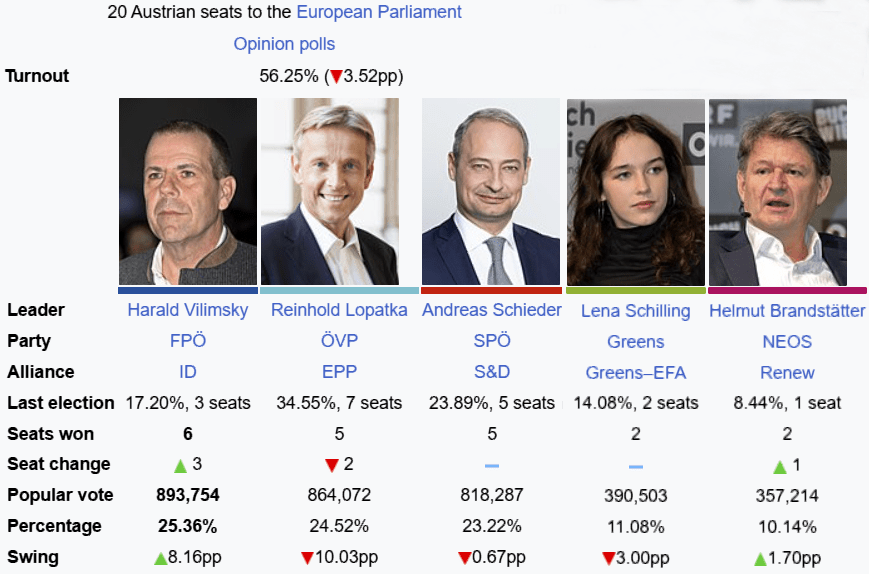
We’ve looked at France, Germany and Italy, so the other large country in the west is Spain. There, it was a familiar tale, though with a strange twist.
I quote from the Reuters article I just linked to: ‘Alvise Perez, a far-right social media influencer running against what he describes as universal corruption, managed to obtain three seats with a campaign mostly conducted through the messaging app Telegram.’
Here’s a link that might tell you more about Señor Perez, who dedicated his victory to an 81-year-old man who’d been sent to prison for shooting a burglar.
I’d hoped to bring results from Ireland, where there were also local elections. But counting has been slow, and when I was finishing off this article yesterday evening the results for the Euro elections had still not been finalised.
I would also have liked to tell you about the local elections, but that would have meant a lot of digging. The insurgent parties and individuals I’ve mentioned here in recent times are probably included among Independents and Others in the box below
It’s worth noting that Sinn Féin was topping every poll until it became clear that it supports open borders, which hurts its working class base more than other groups.

But I can tell you that John Moran is the new mayor of Limerick.
◊
YOUNG EUROPE
In order to explain a few more things about Poland, France, the wider picture, and the standard of BBC journalism, I’m using the two clips below.
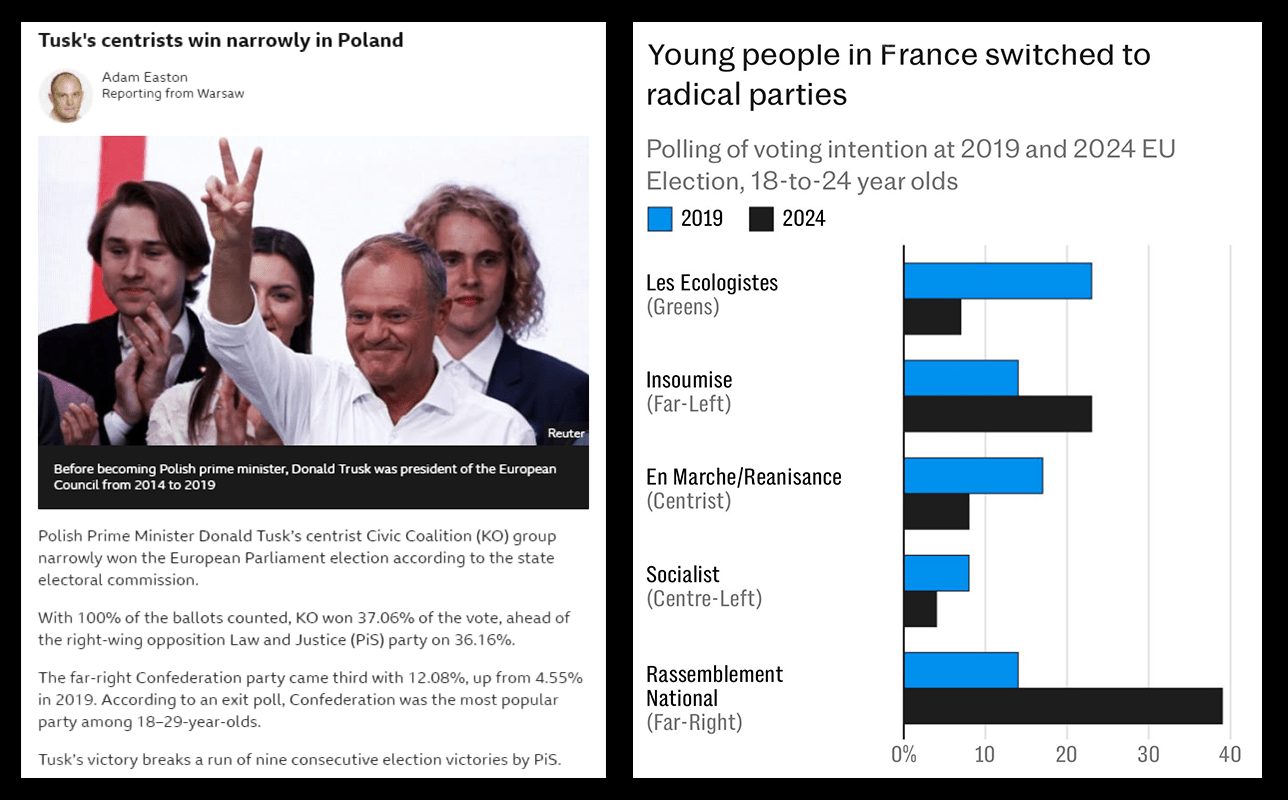
Polish premier Tusk is a Globalist and Permanent War party puppet, and therefore a favourite with the BBC.
But Auntie disapproves of his rival, the Law and Justice party, so it has to be labelled ‘right wing’. But when there’s another party, even more likely to bring on an attack of the vapours, such as the Confederation party, it must be branded ‘far-right’.
But note, the panel also reveals that this party from beyond the Pale is the most popular among 18-29- year-olds. While the other panel tells us that in France 18-24-year-olds have swung behind Le Pen’s RN.
Across Europe young people are rejecting the parties of the centre, and the greens, to move left and right, with the right gaining far more than the left.
This swing to the right among the young is significant. For we’re not dealing with the ‘gammons’ so beloved of leftists and their media, those sad caricatures nostalgic for a time when white families appeared in TV adverts.
This support from young people is rooted in events of the here and the now. And that’s why I find it so encouraging.
◊
FINAL THOUGHTS
I see these European elections as a blow for the Globalists. They also see it, and they’ve been quick to respond. The head of the UN’s refugee agency, Filippo Grandi, ‘criticised the politicisation of migration in European elections‘.
Listen, pal, you and your Globalist mates, the politicians you’ve won over, the European Commission, the media you control . . . you all politicised the issue long ago, by doing away with border controls, and by demonising those who oppose your plans.
You are in no position therefore to criticise decent people who’ve had enough of your behaviour. The fightback is underway, both in Europe and the USA.
For the day after he took office, your puppet Biden opened the southern border. Now that his handlers finally realise how unpopular a decision that has proven to be, and with a presidential election looming, they’re back-pedalling like crazy.
Let’s also remember the damage being inflicted by the climate scam. It’s destroying the Welsh countryside, making everything more expensive, while personal freedom suffers from the restrictions it demands.
Which is why, on July 4, I expect a rag-bag of candidates, some of them off the wall, one or two sought by various constabularies; with a back-of-a-fag-packet ‘manifesto’, and a leader used by leftist yobs for target practice, to do rather well.
Because that’s where we are. Think well on’t.
♦ end ♦
© Royston Jones 2024




